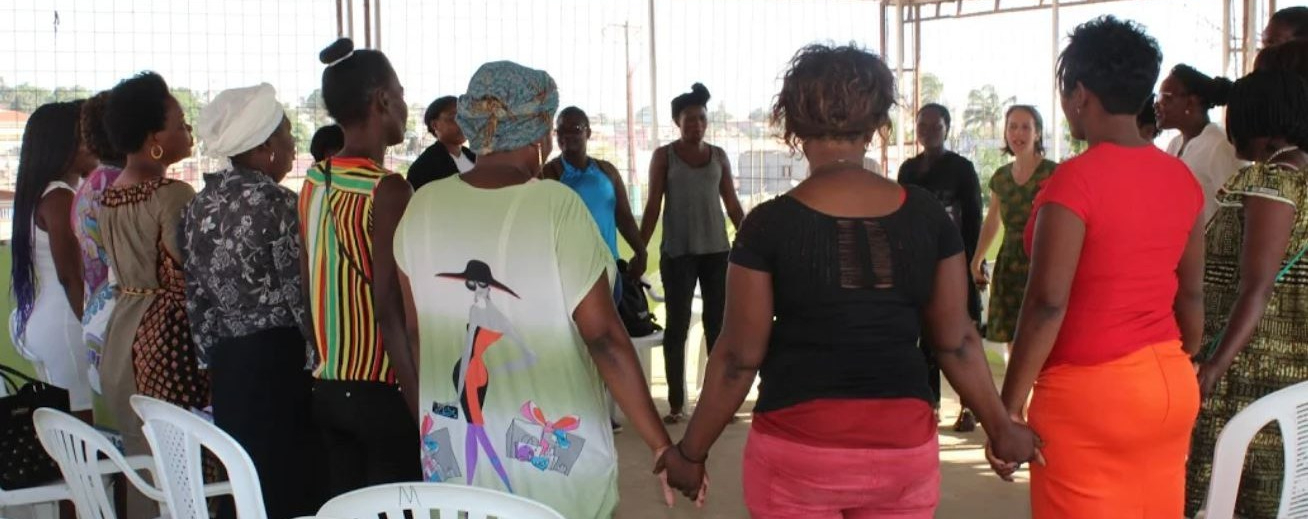Category: Key Population Heroes
Qui était Dr Sidibe Garangué SOUKO ? Un hommage à la femme pionnière de la programmation pour les travailleuses du sexe au Mali
Work NAKED: Advice and lessons learned from the CEO of LINKAGES implementing partner in Suriname, Chances for Life
An interview with Lady Ponce, peer navigator for MSM and transgender people living with HIV in Cote d'Ivoire
“Soy capaz de crear una mejor conexión”: Un educador inter pares de la República Dominicana reflexiona sobre cómo abordar el tema de la violencia ha cambiado su capacidad para generar un impacto
“I’m able to create a better connection”: A peer educator from the Dominican Republic reflects on how addressing violence has changed her ability to make an impact

